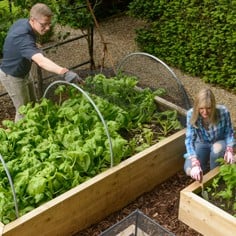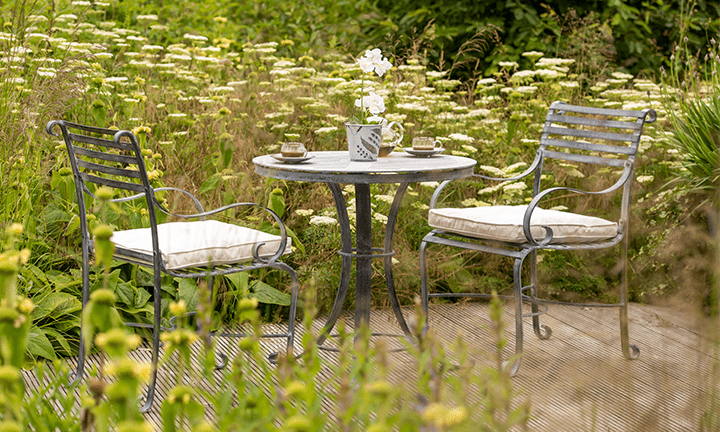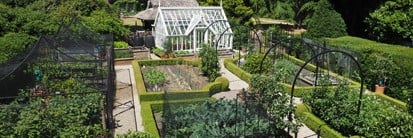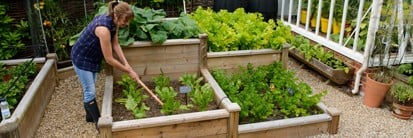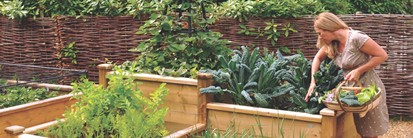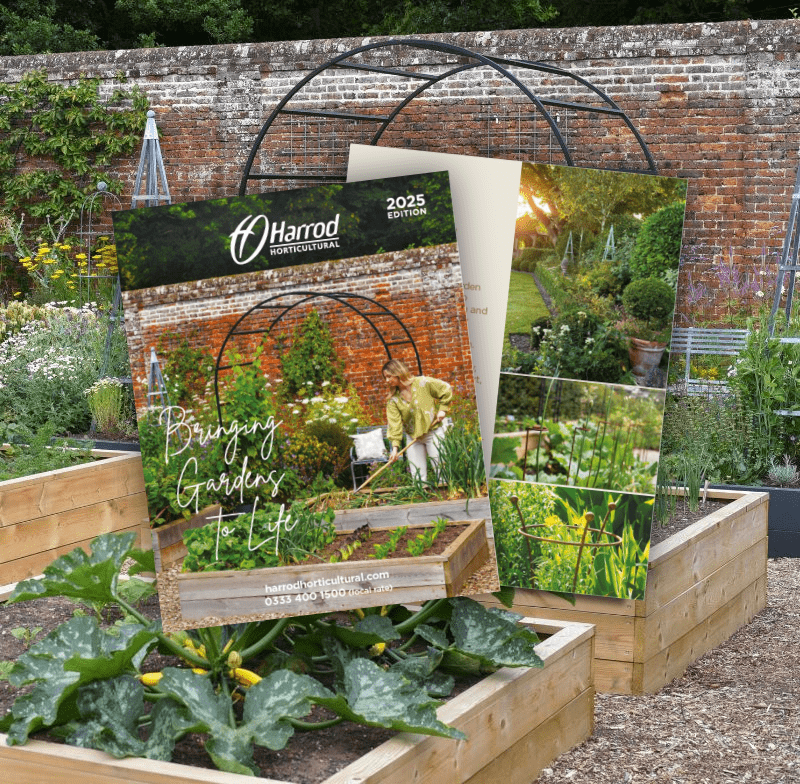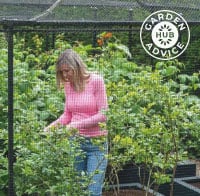The roots of Britain’s rich apple growing industry are buried deep in history, and the fascinating local diversification of traditional varieties is being rightly celebrated on October 21st – the official British Apple Day.
First launched in 1990 by the art and environmental organisation Common Ground, the annual Apple Day festivities consist of hundreds of local events, each including displays of unusual apple varieties, tasting and the chance to purchase both trees and fruit. Experts are often on hand to identify apple varieties and also any problems your trees may be suffering from, and there may also be the opportunity to sample chutneys, juices, ciders and other apple-based culinary delights. Some local events might even feature pruning and grafting techniques, archery, cooking demonstrations and apple bobbing games.
Common Ground are also keen that the Apple Day celebrations - which have grown from 50 events in 1991 to over 600 across the county in 2000 – will raise awareness of the decline in British orchards and will also champion the importance of local heritage, history and distinctiveness. The apple is the ideal symbol to lead this campaign as many areas of the country have, or sadly used to have, unusual and specific local varieties.
As there are such a large number of countrywide events now being held, the dates may well vary from the official Apple Day on October 21st. Events are usually staged in market places, village halls, National Trust properties and historic homes, museums, agricultural colleges, orchards and art centres and are organised locally by councils, garden societies and apple growers, amongst others.
If you would like to participate in this celebration of Britain’s apple growing history and tradition, help preserve orchards and improve and support your local community in some way, visit www.commonground.org.uk for a full listing of dates and events – it’s more than likely there’ll be one that appeals to you nearby.
UK Manufacturing since 1954






